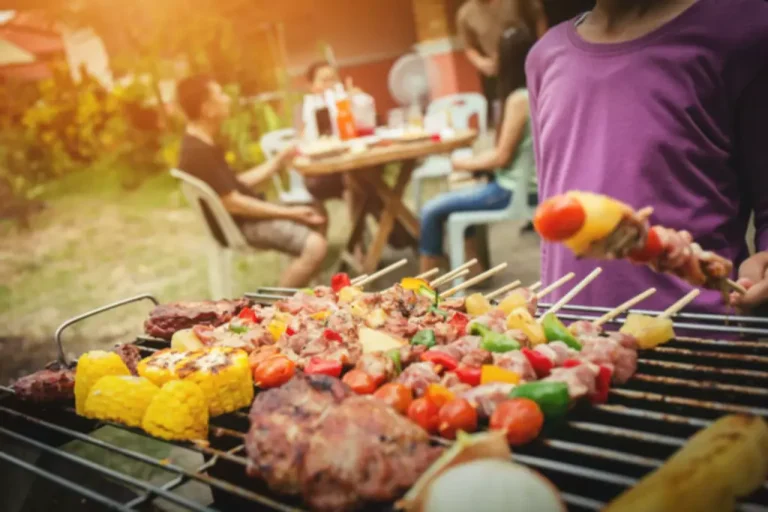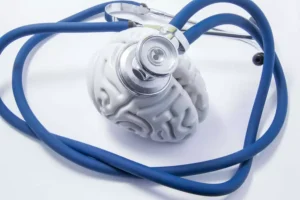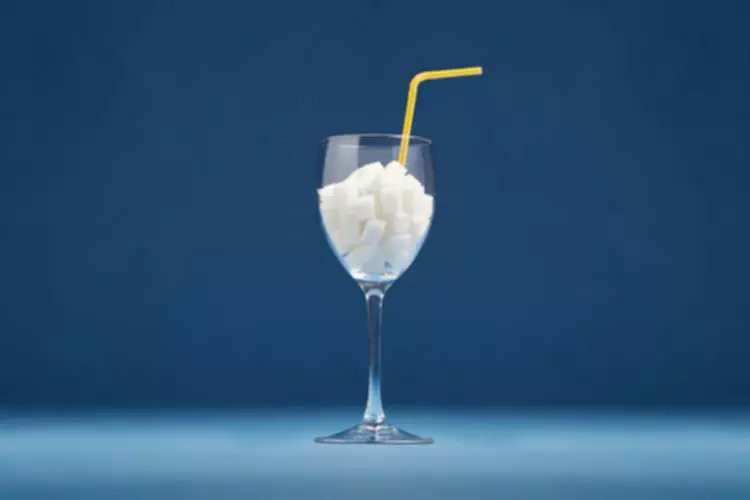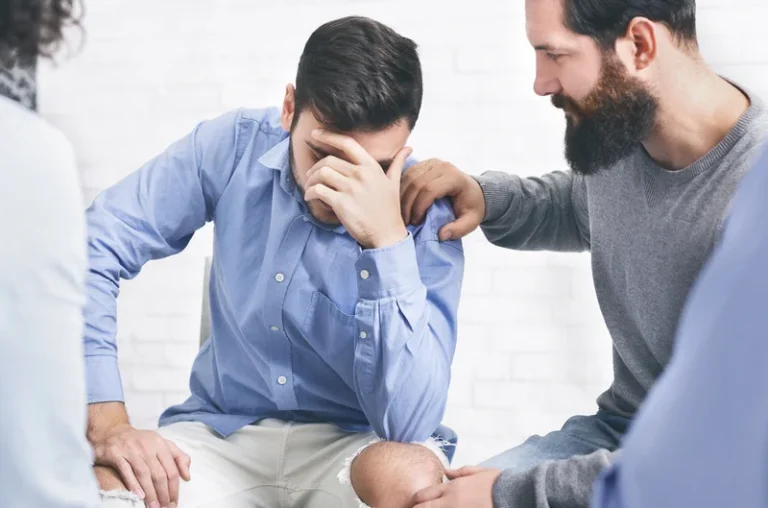
Cognitive behavioral therapy for insomnia (CBTi), medication, or a referral to a behavioral sleep specialist can help. Eating nutritious food, exercising, and getting enough sleep can help reduce some withdrawal symptoms, such as mood swings. If don’t have much of an appetite, you may want to take a multivitamin or drink a beverage high in electrolytes, such as a sports drink. If you take prescription medication, continue to take it as directed. He is the co-chair of the LA County Department of Health Services HIV Best Practices Committee and member of the LA County Department of Health Services Substance Use Disorder work group. Dr. Belani is currently a member of the Society of General Internal Medicine and American Academy of HIV Medicine.
In the Next Few Weeks
But if you drink alone, or down multiple drinks a day, it could turn into an unhealthy habit. If you can’t control it, it may lead to a condition called alcohol use disorder. Giving up drinking may let you focus on your relationships, work, and health. It also may ease any depression and anxiety and elevate your self-esteem.
After One Week
Chowing down on veggies packs a vitamin punch, but because your skin is the last organ to get the nutrients it needs from the bloodstream, applying vitamins topically is also a good option. It also boosts your immune system, which has taken an alcohol-based hit. ‘The exfoliator non-selectively removes healthy surface skin cells and their lipid layers, something the skin has spent the last month making,’ says Dr Patterson. This explains random breakouts and any sensitivity you may be experiencing, as your skin barrier is weakened. Severe dryness is also a sign that your pH level is off-balance, indicating that your acid mantle is too alkaline. If you know there’s going to be more than one margarita on the cards, a little prep beforehand could come in handy for the following day.
Risk factors
Beyond the safety considerations, medical detox is a more comfortable, pleasant experience. Your healthcare team will help treat each symptom as soon as it develops and equip you for success. This can help you avoid much of the unpleasantness that can occur as withdrawal symptoms develop. For men, https://ecosoberhouse.com/ this can look like lowered libido and erectile dysfunction, as well as decreased muscle mass. For women, it can increase the risk of breast cancer, impair bone health, and lead to mood changes. Enjoying alcohol socially in reasonable amounts can boost your mood and help you bond with others.

Here are some of the improvements you could see from cutting out alcohol, in the short- and long-term. Your sleeping pattern tends to improve because alcohol is a sedative, but it has a very short half-life. So even if you are incredibly inebriated and fall asleep, it’s likely you’ll wake up at some point in the night and experience rebound insomnia.
- If you’re a heavy drinker, your body may rebel at first if you cut off all alcohol.
- Each of these symptoms can increase in intensity depending on the severity of the withdrawal.
- Using alcohol frequently or consistently increases your blood pressure, leading to an increased risk of heart disease and stroke.
- Your risk of developing cancer will decrease, and your liver function will have greatly improved.
- Non-physical symptoms, like cravings and desire for the comfort alcohol provides, may become more noticeable as the distraction of physical symptoms subsides.
This can lead to withdrawal symptoms, including anxiety, tremors, sweating, and nausea. The mental health changes you experience when you stop drinking can include symptoms of withdrawal, difficulty sleeping, irritability, mood swings, and clearer thinking. While some of these changes can be uncomfortable for some time, they will eventually begin to improve the longer you abstain from alcohol what happens when you stop drinking alcohol use. Your body’s systems bounce back over time, but after about 30 days, you’ll start seeing a difference. There’s also likely to be some weight loss within a month, due to the absence of the calories you were ingesting in alcohol (as long as you haven’t swapped them for equally high-calorie comfort foods). And stopping drinking could make feelings of stress easier to deal with.

Top doctors in ,

Drinking before bed messes with the stages of your sleep cycle meaning less quality sleep (and worse hangover), says an article published by the Sleep Foundation. When you don’t get a full night’s sleep, you don’t go through as many sleep cycles, so the hormone somatropin doesn’t spike like it should. On top of that, if your liver is failing to function properly, it can make your skin look dull and cause pigmentation around your eyes. ‘Studies have shown that AGEs hinder the production of collagen and elastin, resulting in reduced cell renewal and repair.
Having a history of seizures increases your risk for withdrawal seizures. Before abstaining, the study participants were drinking around 13 drinks a day over 12 months, Vice reported. Scientists recruited 94 volunteers who were on average 45 years old and asked them to stop drinking for a month. Before the challenge, participants were defined as “moderate to heavy drinkers” who drank around 258 grams of alcohol a week, roughly equivalent to about 18 standard drinks. No participants had a history of known liver disease or alcohol dependence.

Leave a Comment